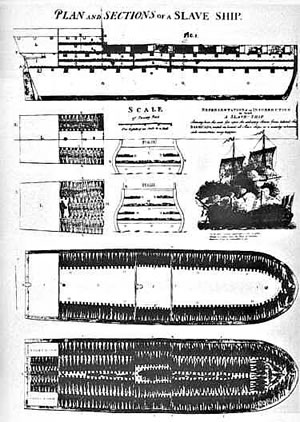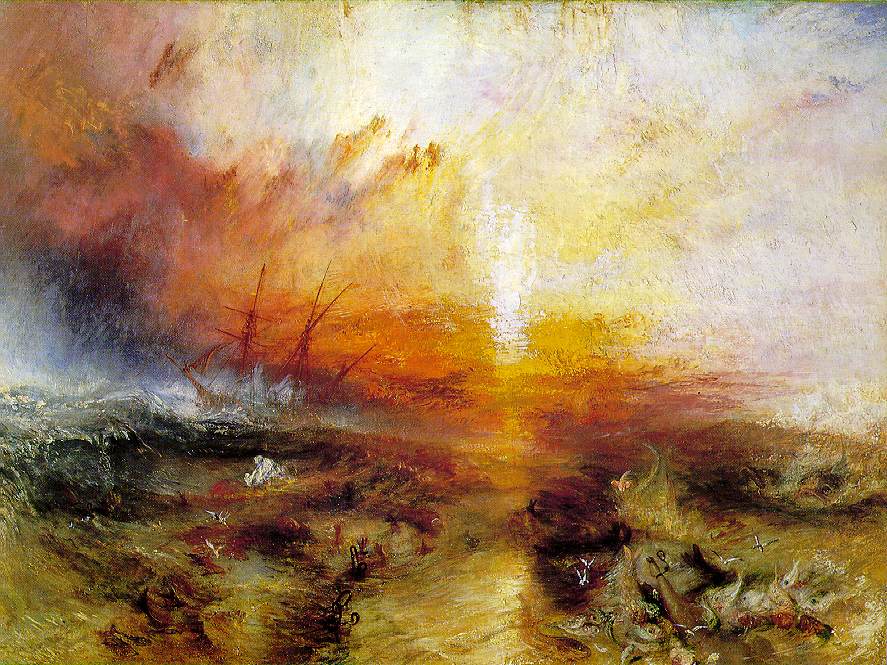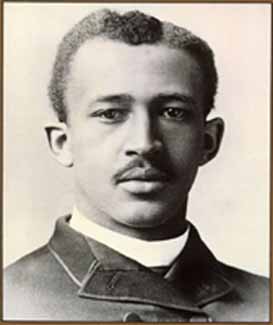"The modern slave trade began with the Mohammedan conquests of Africa, when heathen Negroes were seized to supply the harems, and as soldiers and servants."
p.145. W.E.B. Du Bois, The Negro (1915).
Organization to promote reflection
What are some of the skills and traits of the people associated with African civilizations? (Write for five minutes about how Africans are not well understood).
The step from summarizing information to understanding comes in part from reflecting on the arguments of authors.
organization arises from an ordering of arguments an author proposes based on evidence that is worth our reflection.
Questions | Approaches | Means to order thinking | Source of evidence?
- Authentic learning summarizes to a great extent the accumulating evidence in an argument:
- "The Negroes of Uganda are an intelligent people who had organized a complex feudal state."
- A record of inquiry is found in an author's arguments:
- "The mulatto (using the term loosely to indicate either an intermediate type between white and black or a mingling of the two) is as typically African as the black man and cannot logically be included in the 'white' race, especially when American usage includes the mulatto in the Negro race."
- "Some Negro slaves were brought to Europe by the Spaniards in the fourteenth century, and a small trade was continued by the Portuguese, who conquered territory. . . ."
- paragraphs and chapters are the evident organizing of an author's arguments where evidence occurs to sustain significant questions about what the author has learned.
- Writing is an expression of ordered thought.
p. 89, W.E.B. Du Bois, The Negro (1915).
p. 14, W.E.B. Du Bois, The Negro (1915).
p. 145, W.E.B. Du Bois, The Negro (1915).
Ways to organize thoughts.
Questions | Approaches | Means to order thinking | Source of evidence?
 Question?
Question?
"What is a Negro?' We find the most extraordinary confusion of thought and difference of opinion."
How has Du Bois built a series of arguments concerning the significance of the entirety of Africa's contributions to history and why does it require our attention?
1) In any paragraph make a list of the things you understand and another list of what you don't understand and explain what is not clear to you:
2) Take a paragraph and summarize what he is saying in your own words?
Does he for example discuss Work and labor (So is there evidence in The Negro for the value of African civilizations?)
 Slave ships were explicitly designed to carry human cargoes.
Slave ships were explicitly designed to carry human cargoes.
A House of Commons committee in 1788 discovered that one slave-ship, The Brookes, was originally built to to carry a maximum of 451 people, but was carrying over 600 slaves from Africa to the Americas. "Chained together by their hands and feet, the slaves had little room to move." It has been estimated that only about half of the slaves taken from Africa became effective workers in the Americas.
Source: Spartacus education
Questions | Approaches | Means to order thinking | Source of evidence?
Logical order arises from those two steps of sifting information, repeating certain phrases of the author and tying those to facts, and evidence for the arguments you find in this reading.
Parallel construction of ideas? See Du Bois Chapter 10, p. 160.
Syllogism
The ongoing success of the Columbian exchange was impossible without African Negro slavery and thus the history of the America's is unintelligible without describing the relation to Africa; even in the historical development of Mexico after Cortés invasion the importation of slaves was a critical demographic event.
A whole new appreciation for the role of land and labor becomes apparent when African nations' contributions are recalled or recollected by reconstructing past data.
Description is critical, but may not be as informative, as an ordered argument because it lacks any direction or purpose.
Analogy:
1. Comparing a list of contrasts and comparisons of the argument
2. If -- then statements
If the impacts of the Columbian exchange are unalterable, then to what extent and for what substantial reasons did African slavery contribute to this historical series of events?
If the Africans who had survived the Middle Passage were not accustomed to agricultural work, then they would not have populated the West Indies, Mexico, and Brazil where they flourished under the harshest of conditions because,_______________?
If the shame of a person can also be a shame of an entire nation, then what is the role of slavery in fostering such a universal shame among its participants?
Questions | Approaches | Means to order thinking | Source of evidence?
Metaphor:
Does Du Bois use any comparisons between two unlike things to make an analogy and provide for some framework to express an idea or concept?
Etymology, based on the origins of words and phrases:
"In fact it is generally recognized today that no scientific definition of race is possible."
p. 18.
raza, 16th century Spanish and Portuguese
Chronology, based on events; causes of events & outcomes of events 1510 the importation of African slaves to Española.
Questions | Approaches | Means to order thinking | Source of evidence? | Texts
Order in an essay
Themes advanced characteristics
"There are those, nevertheless, who would write universal history and leave out Africa."
p. 9.
Du Bois' organization
comparison of Whites and Blacks
"one faces astounding prejudice."
p. 12.
The African population of the Caribbean had to have origins that explains the demographic takeover (by analogy from Crosby) of Mexico, the Caribbean and South America. What we have to explain is the ironic mixture of success amidst the brutality of existence in the alleged paradise of the Americas.
Questions | Approaches | Means to order thinking | Source of evidence? | Texts
Where do I get the information I need?
 Video lecture Go Here: The Moral Problem of Slavery in Western Civilization.
Video lecture Go Here: The Moral Problem of Slavery in Western Civilization.
William E. B. Du Bois, The Negro, 1915.
See text on-line The Negro (1915)
Octavio Paz, The Labyrinth of Solitude
The Columbian Exchange: Biological and Cultural Consequences of 1492, New York: Greenwood Press, 1972.
Germs, Seeds, and Animals.
Crosby's underlying assumptions from Germs Seeds and Animals.




